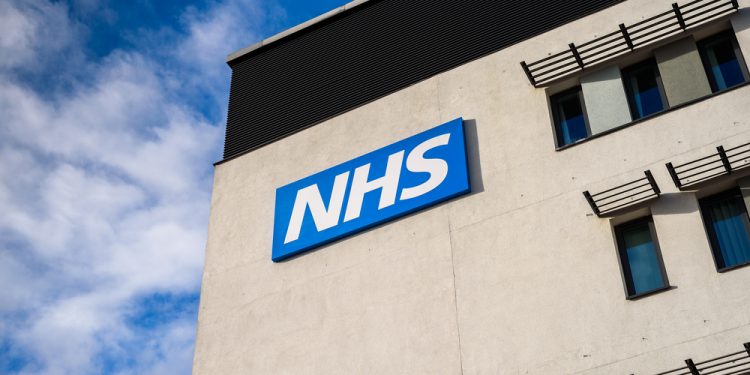Labour has demanded government implement an action plan to tackle NHS waiting lists as new data shows patients are routinely waiting more than 18 weeks for treatment.
Labour’s research revealed in 83 hospitals, patients waiting for specific surgeries or treatments such as oral surgery, ear nose and throat surgery or ophthalmology can be routinely expected to wait more than the 18 week NHS standard.
Examples include:
- Airedale NHS Foundation Trust where patients waiting for trauma and orthopaedic surgery wait on average 22 weeks
- Buckinghamshire Healthcare NHS Trust where the average wait for ophthalmology is 19.2 weeks
- Dorset county hospital where the wait for the gastroenterology service is 19.7 weeks
- University Hospitals West Midlands where the wait for rheumatology services is on average 44 weeks.
Pandemic backlog
Overall, the statutory national target for 92% of patients to be waiting 18 weeks or less for treatment was last met in 2016, and the figures are likely to get worse and the backlog in treatment extends to many millions following the pandemic.
The number of people waiting more than 18 weeks for trauma and orthopaedic surgery is now close to a quarter of a million people, with 57,488 people waiting more than a year.
The data also revealed more than 13,000 children have been waiting more than a year for paediatric services, and 155 people who have been left a year waiting for mental health support.
Consequently, Labour shadow health secretary Jonathan Ashworth called on government to implement an NHS recovery plan ahead of winter.
This includes:
- A quarterly plan from ministers on action being taken to bring down waiting lists;
- An NHS rescue plan to ensure the NHS has the staff and modern equipment to deliver the cancer care, surgery and mental health care patients deserve;
- Strengthen the NHS constitution to eliminate waits over 52-weeks and offer a cast iron guarantee that patients will receive timely treatment.
Patients taking out loans to go private
Commenting on the figures, Ashworth said: “Patients in every town and city are forced to endure lengthening waits for treatment in debilitating pain and face anxiety at the risk of permanent disability.
“Increasing numbers are forced to take out loans to go private while others have no option but to suffer ongoing agony and discomfort for months.
“Ultimately patients are paying the price for Tory failure to support the NHS and staff over the past decade – leaving the service understaffed, with beds cut and lacking the diagnostic equipment needed.
He noted that the last Labour government delivered treatment within 18 weeks for patients, but said that under Boris Johnson hundreds of thousands of patients were waiting over a year.
“Enough is enough,” he continued. “The NHS is on its knees and will not cope unless ministers listen to staff and patients. A credible long term NHS rescue plan to deliver quality care is now beyond urgent.
“Patients in pain will be asking whether Boris Johnson’s promises on the NHS are meaningless. Ministers must now take the action needed to prevent people becoming seriously ill, to deliver care on time, and return the NHS to the world class service it should be.”
Figures are alarming
British Medical Association deputy chairman Dr David Wrigley described the figures as alarming, adding they provided further confirmation of the serious concerns the union had around the scale of suffering being experienced by patients as a result of the lengthening waiting lists.
“As doctors, we want to do our best to treat patients as quickly as possible but with the ongoing demands from the pandemic, long term staffing shortages plus inadequate resources, this means that for many staff working in the NHS, the challenge feels insurmountable.”
He added that managing the current level of demand without adequate resourcing had taken a great toll on the mental health of many NHS staff who have been pushed to the brink of burnout.
“It is clear that the government must confront this spiralling situation and be forthcoming with immediate investment in the workforce to allow the NHS to cope with existing and future demand,” he continued.
“The NHS and its workers are in urgent need of support and failure to do so will jeopardise the care of millions of patients and store up even greater problems for the future.”






